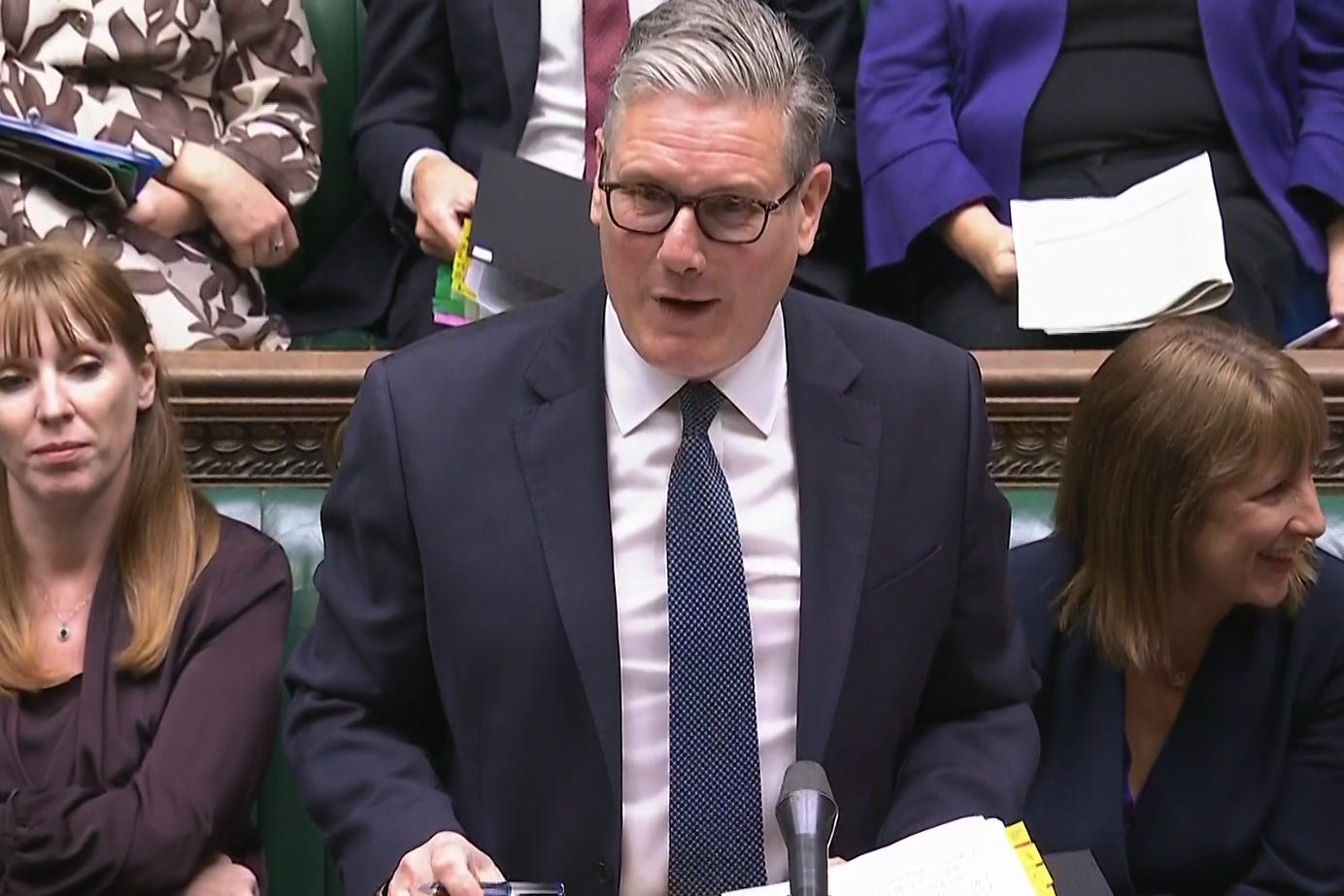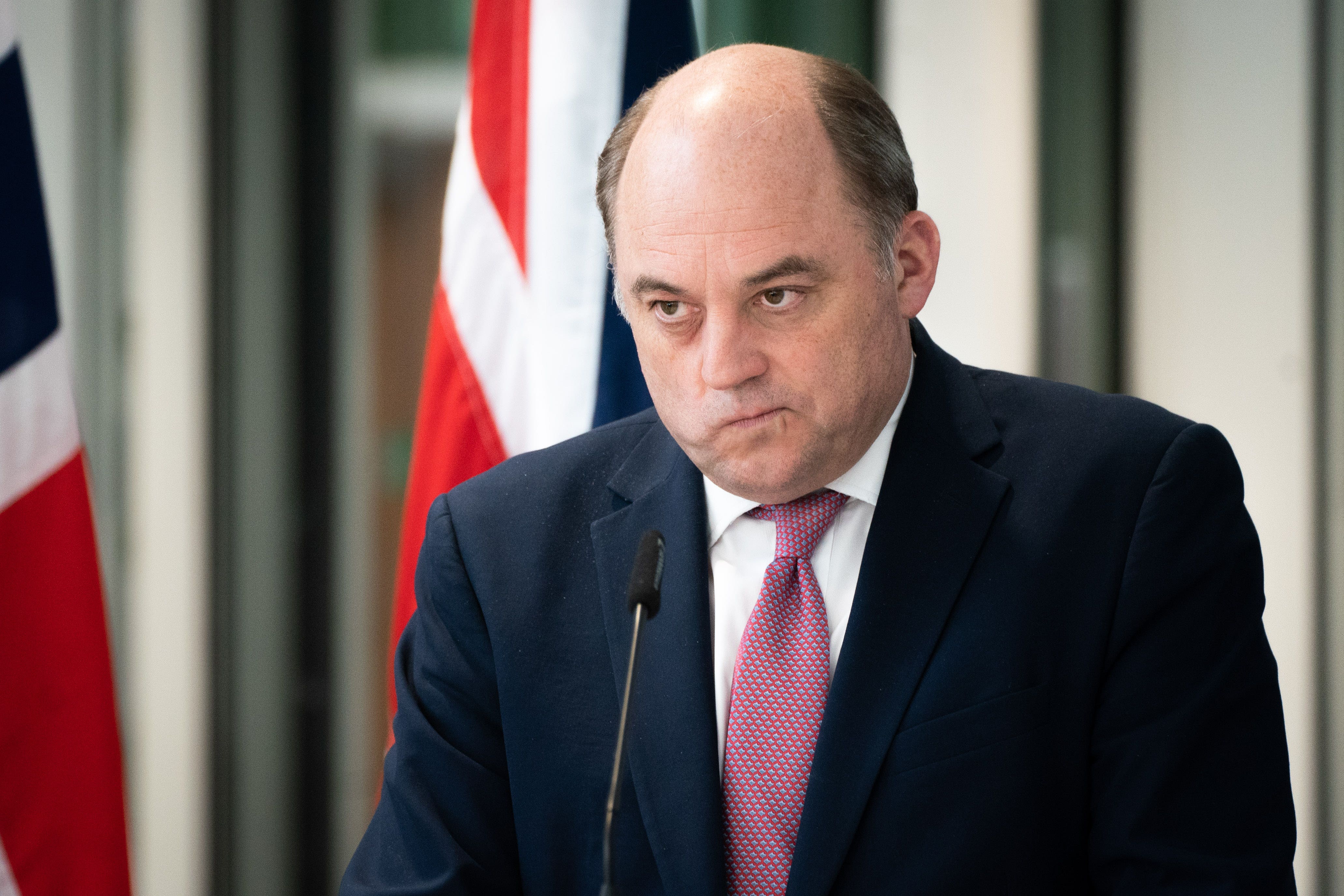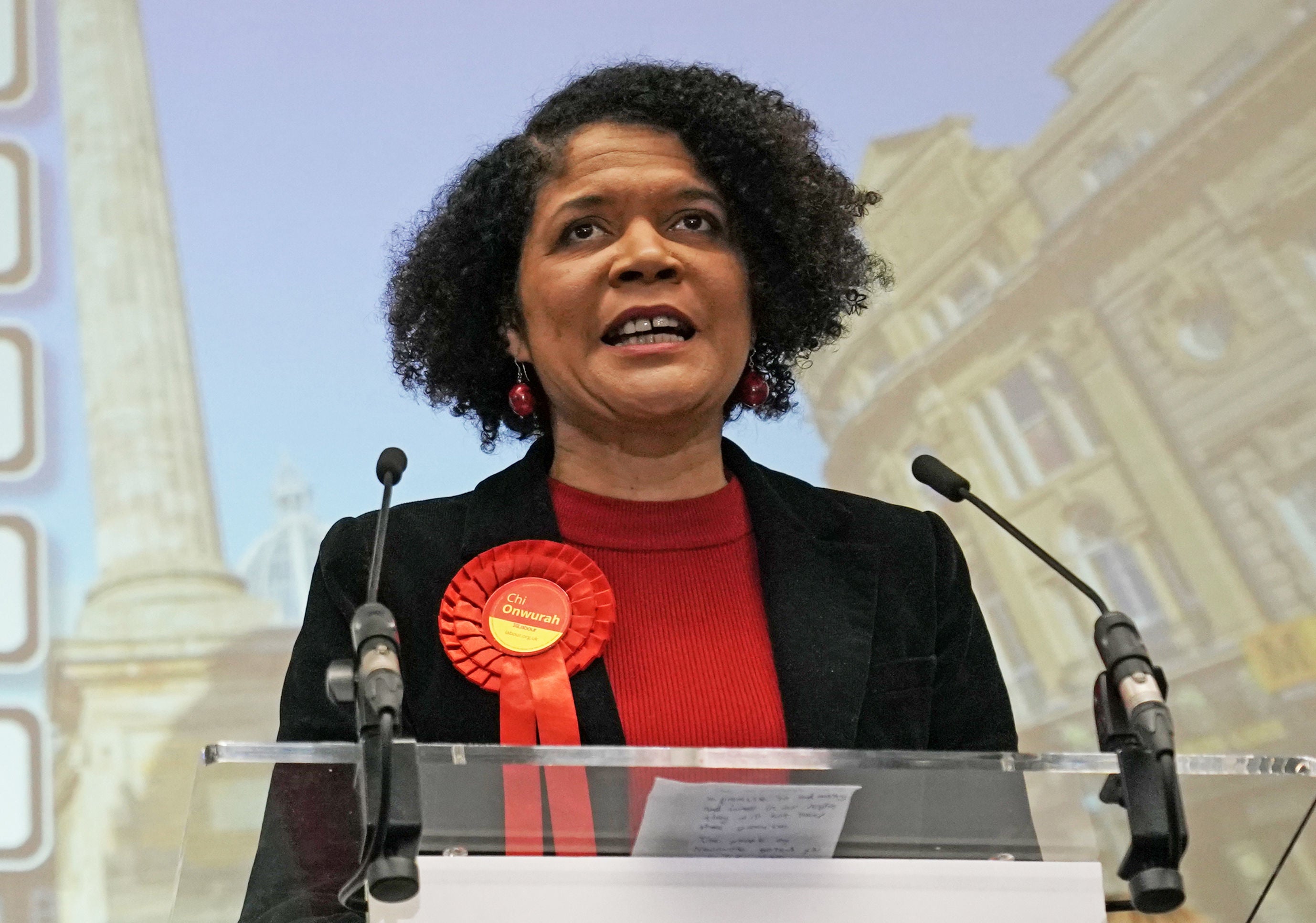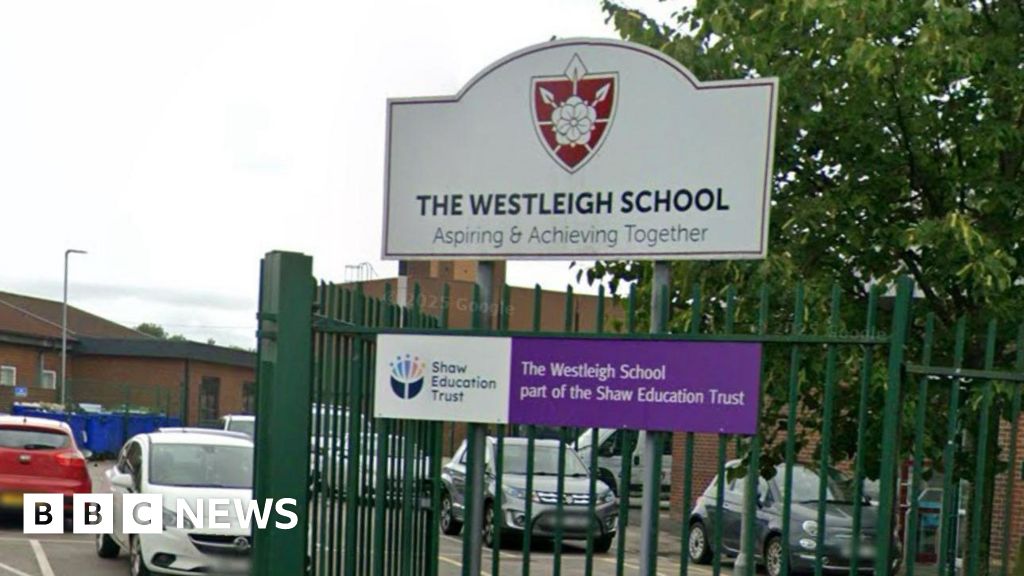Keir Starmer has vented his fury over the cover-up of the catastrophic data breach that risked the lives of up to 100,000 Afghans, as it emerged no one had faced action over the huge blunder.
The prime minister said the leak should never have happened and that Tory ministers have “serious questions to answer”, a day after an unprecedented superinjunction was lifted.
Ben Wallace, who was defence secretary at the time the draconian legal order was granted, earlier said he took full responsibility for the leak, which happened when an MoD official released a spreadsheet containing the names of 18,000 Afghans “in error”.
But questions have been raised over why no one has been fired over the breach, which put the lives of those with links to UK forces in danger of reprisals from the Taliban, amid calls for further investigation.
It comes as the chair of a powerful Commons committee has written to the Information Commissioner, applying pressure for a rethink on its decision not to investigate the breach, which cost the taxpayer billions in relocating thousands of affected Afghans to the UK.
At the start of a tense Prime Minister’s Questions, Sir Keir expressed his anger, telling MPs: “We warned in opposition about Conservative management of this policy and yesterday, the defence secretary set out the full extent of the failings that we inherited: a major data breach, a super injunction, a secret route that has already cost hundreds of millions of pounds.
“Ministers who served under the party opposite have serious questions to answer about how this was ever allowed to happen.”

He suggested the Conservatives should “welcome” scrutiny from the Commons Defence Committee, which has vowed to investigate.
In a dramatic intervention just hours later, right-wing former home secretary Suella Braverman revealed that there were splits in the Tory government over how to deal with the breach and said she had opposed the superinjunction and the new secret route set up to bring those affected to the UK.
In a scathing statement, Ms Braverman condemned the former Tory government, then led by Rishi Sunak, in which she played a major role before she was sacked by the former prime minister.
She said: “There is much more that needs to be said about the conduct of the MoD, both ministers and officials, and the House of Commons is the right place to do so. I hope we have the opportunity soon.
“What has happened is outrageous and must never happen again. We must therefore be very clear about what that was and how it happened.
“The cover-up was wrong, the super injunction was wrong, and the failure to stop unwanted mass immigration has been unforgivable. So, I am sorry: the Conservative government failed you and its leaders let you down. It wasn’t good enough then. It’s not good enough now.”

Mr Sunak, ex-defence secretary Grant Shapps and former armed forces minister James Heappey, who oversaw the cover-up, have all been contacted for comment, but none have broken cover and have all remained silent on the breach.
Amid calls for further investigation into the breach, Defence Secretary John Healey said that “accountability starts now” after admitting that he was uncomfortable with the way that the information had been covered up for three years.
The Commons Defence Committee confirmed it would launch its own inquiry, and Dame Chi Onwurah, chair of the Commons committee for science innovation and technology, is writing to the Information Commissioner pushing for an investigation.
The Information Commissioner has so far declined to hold its own probe, despite previously issuing a fine of £305,000 for a much smaller MoD data breach.
Dame Chi told The Independent: “A leak of this magnitude is, of course, extremely worrying and the fact that it happened in the Ministry of Defence brings the additional dimension of security concerns. The Defence Select Committee Office (ICO) will be undertaking a full inquiry, in the meantime I will be writing to the Information Commissioner to ask for more details on his office’s role in this case.”
Jon Baines, a senior data protection specialist at Mishcon de Reya, expressed bafflement at the commissioner’s attitude to the breach.
He said: “I have not seen such unanimous bafflement from the data protection commentariat at the ICO’s lack of apparent interest.

“There is a potential argument that there is no point in a big fine against the MoD when it would punish the public purse.
“Enforcement is not just about fines. The information commissioner has the power to lay a report before parliament. I have been banging on for years about the issue of hidden data in spreadsheets, and if I were the commissioner, I would be thinking about how I can raise the issue.
“A report before parliament would give them publicity, raise the issue and seize parliament.”
The ICO has not responded to The Independent’s request for comment.
Meanwhile, a member of the defence select committee has warned against naming and shaming the individual responsible for the breach and said the committee should instead look at a failure of government.
Confirming the committee would launch an inquiry, its chair, Labour MP Tan Dhesi, told BBC Radio 4’s The World at One Programme: “We want to get to the bottom of what has happened on behalf of parliament, which has been sidelined for too long on this issue.”
“Ultimately, I think the fact there has been no parliamentary scrutiny, that nobody’s been held to account on this, is just not on at all.”
Leyton and Wanstead Labour MP Calvin Bailey, who was a key figure in organising flights out of Kabul when allied forces went into a chaotic retreat as the Taliban swept to power in 2021, called for “proper scrutiny” on the matter.
He said: “We need to go back and give proper scrutiny to everything, not just the data breach, the whole culture management and oversight of the operation, of the extraction recovery, the foreign policy and the military engagement and involvement.
“We will probably find that people were working under duress and pressure, because there were too few people to deal with the crisis.”
He also warned that the defence committee was “best placed to do the necessary work” as a full public inquiry “would take too long and be too expensive”.







